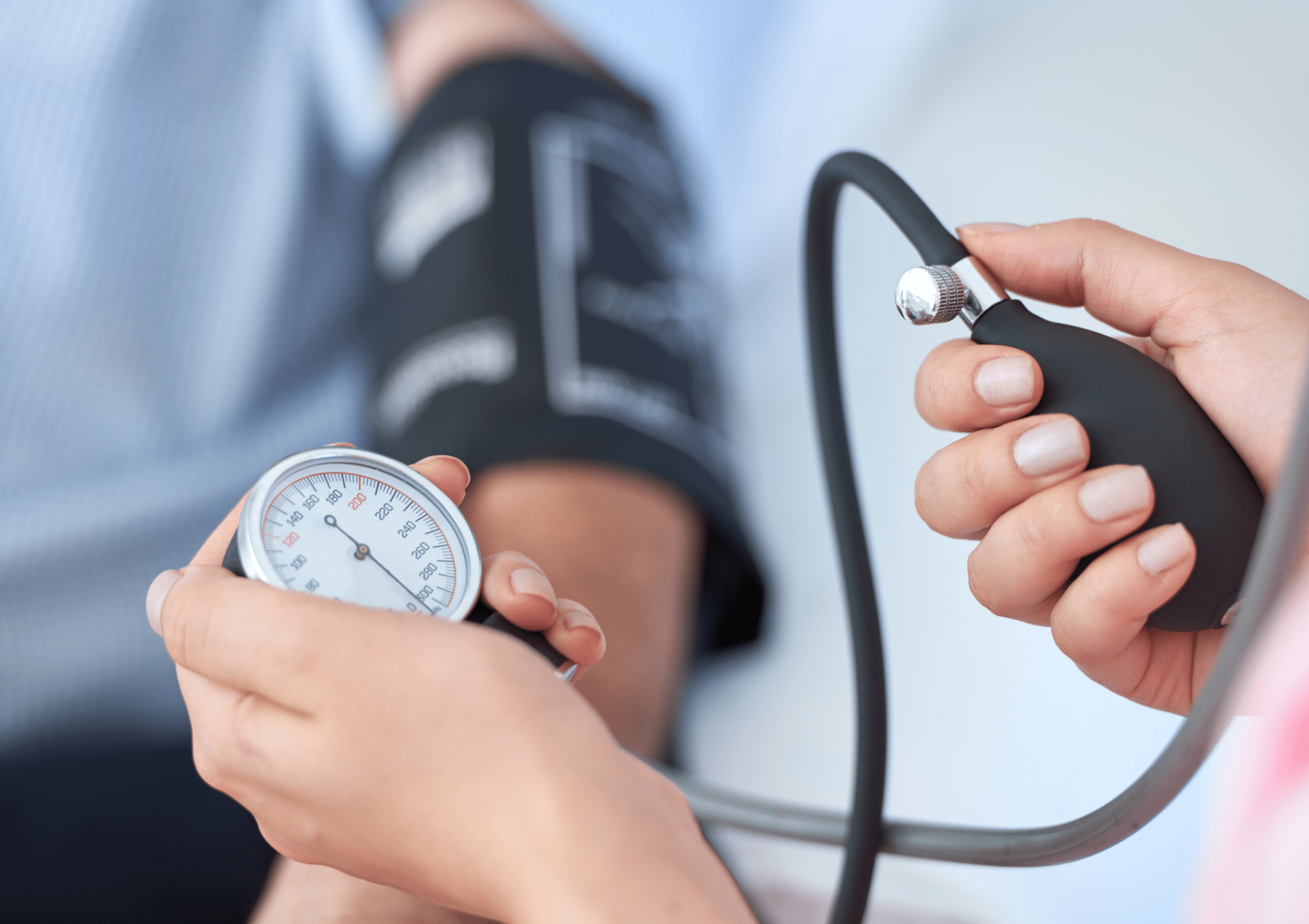WHO Warns: 1.4 Billion at Risk from Uncontrolled High Blood Pressure

The World Health Organization (WHO) has raised alarm over the global burden of uncontrolled high blood pressure, warning that more than 1.4 billion people worldwide are living with the condition, most of whom are not receiving adequate treatment.
According to the 2025 Global Hypertension Report, only about one in five people with high blood pressure have their condition under control.
The report links uncontrolled hypertension to life-threatening complications such as heart attacks, strokes, kidney failure, and dementia, describing it as one of the most pressing global health challenges.
The WHO highlighted stark inequalities in access to treatment. In low-income countries, just 28 percent of health facilities reported that all essential hypertension medicines were consistently available.
This gap, the report warned, leaves millions vulnerable to preventable deaths and disabilities.
Beyond its health impact, hypertension poses a heavy economic toll. Between 2011 and 2025, cardiovascular diseases—including those caused by high blood pressure—are projected to cost low- and middle-income countries around $3.7 trillion, equivalent to nearly two percent of their combined gross domestic product.
Some countries, however, have made progress. In Bangladesh, control rates improved dramatically from 15 percent in 2019 to 56 percent in 2025, thanks to expanded screening and integration of treatment into essential health services.
The Philippines has adopted WHO’s HEARTS technical package in community health centers, while South Korea boasts a 59 percent control rate due to reduced drug costs and affordable care.
The report identified four major barriers to progress: weak policies to tackle unhealthy lifestyles, lack of reliable diagnostic equipment and treatment protocols, poor medicine supply chains, and inadequate data systems for monitoring hypertension trends.
WHO urged Governments to prioritize hypertension control by expanding access to affordable medicines, strengthening primary health care, and promoting healthier lifestyles.
“Hypertension is both preventable and treatable,” the report stressed. “With the right investments and policies, millions of lives can be saved, and the global burden of cardiovascular disease drastically reduced.”



